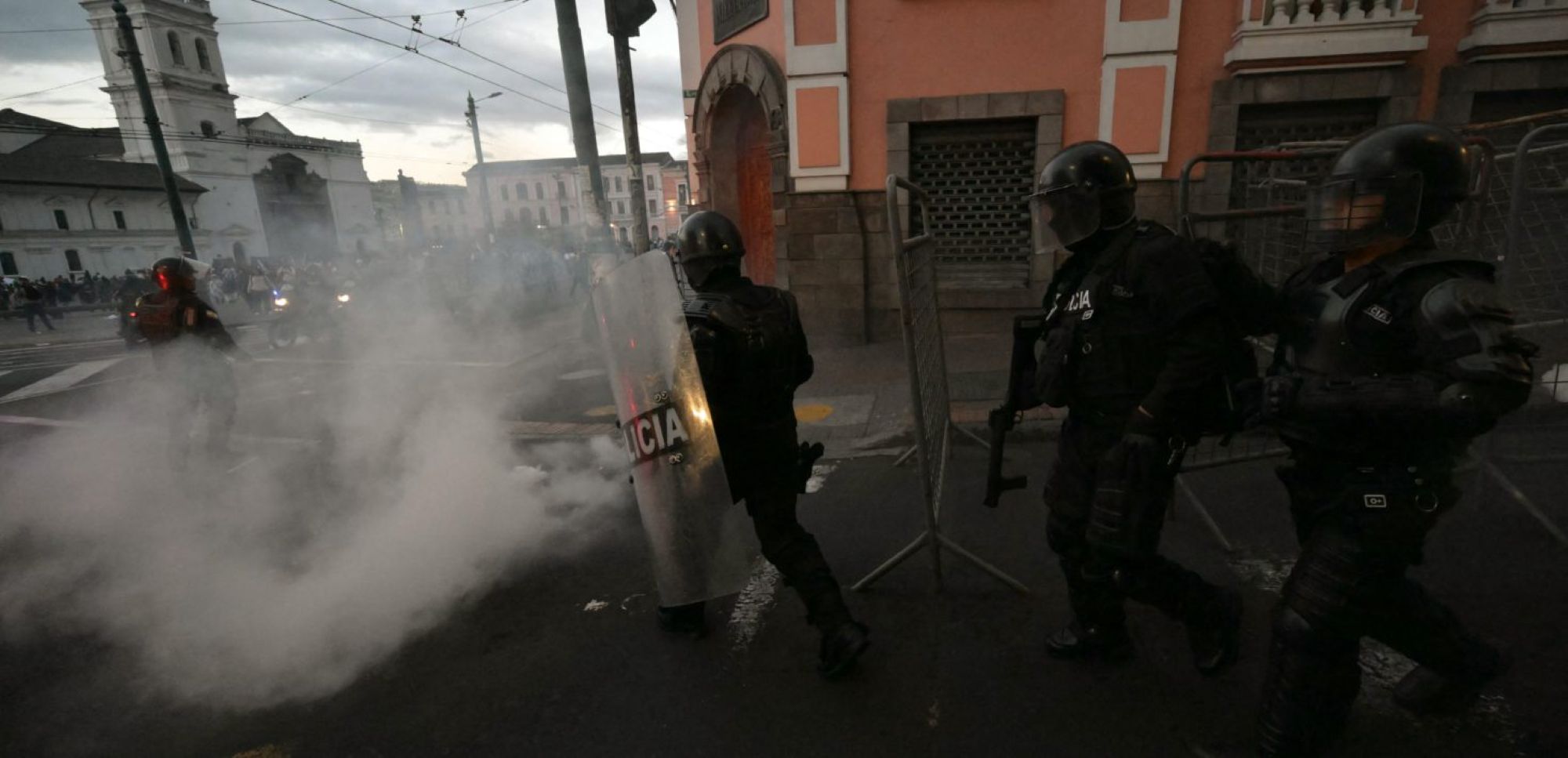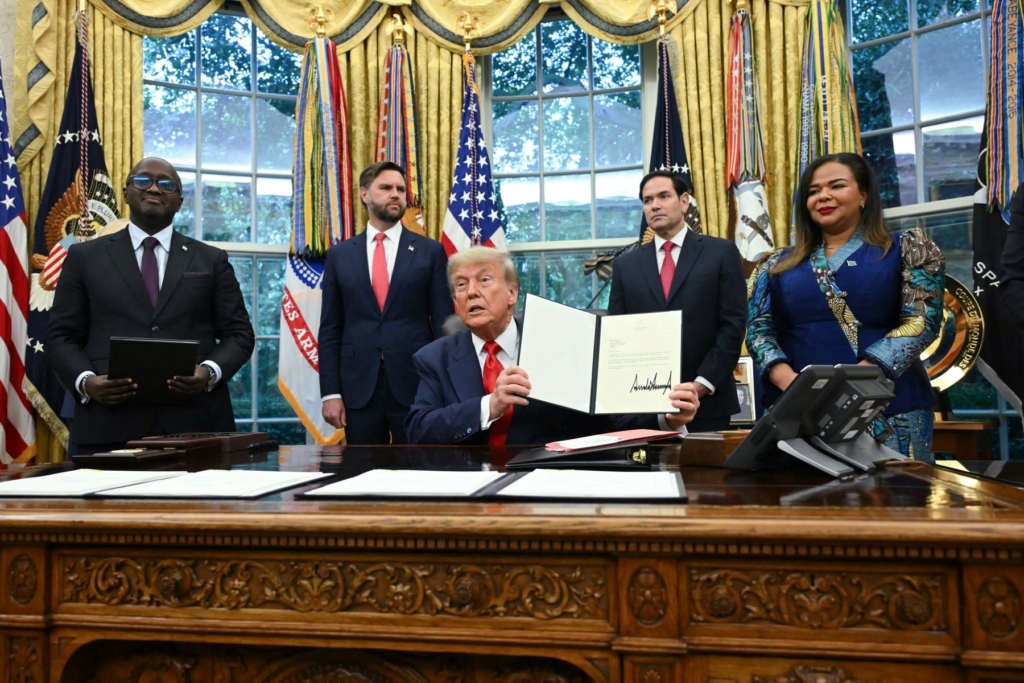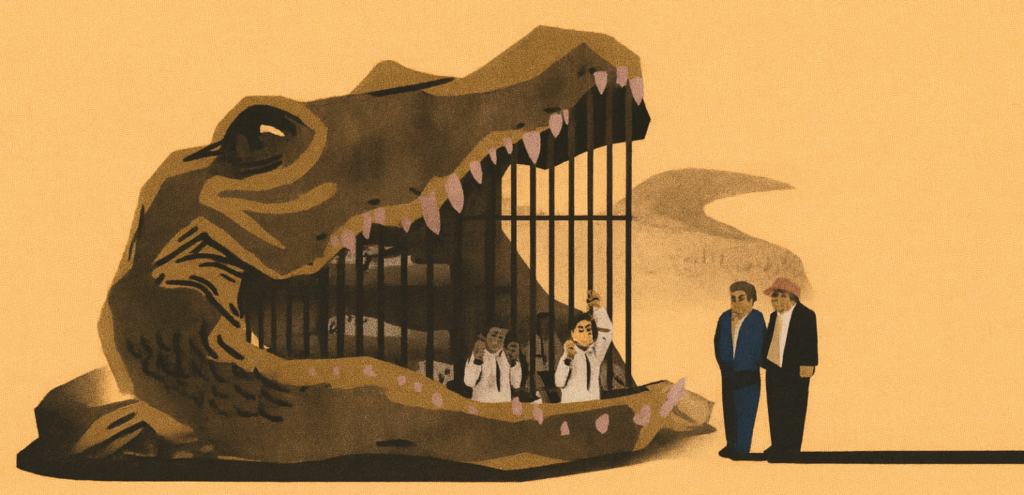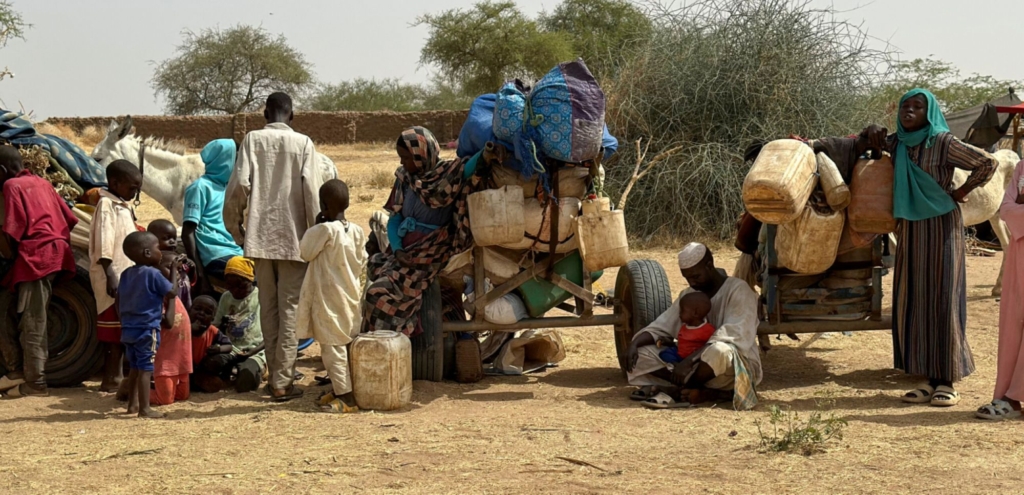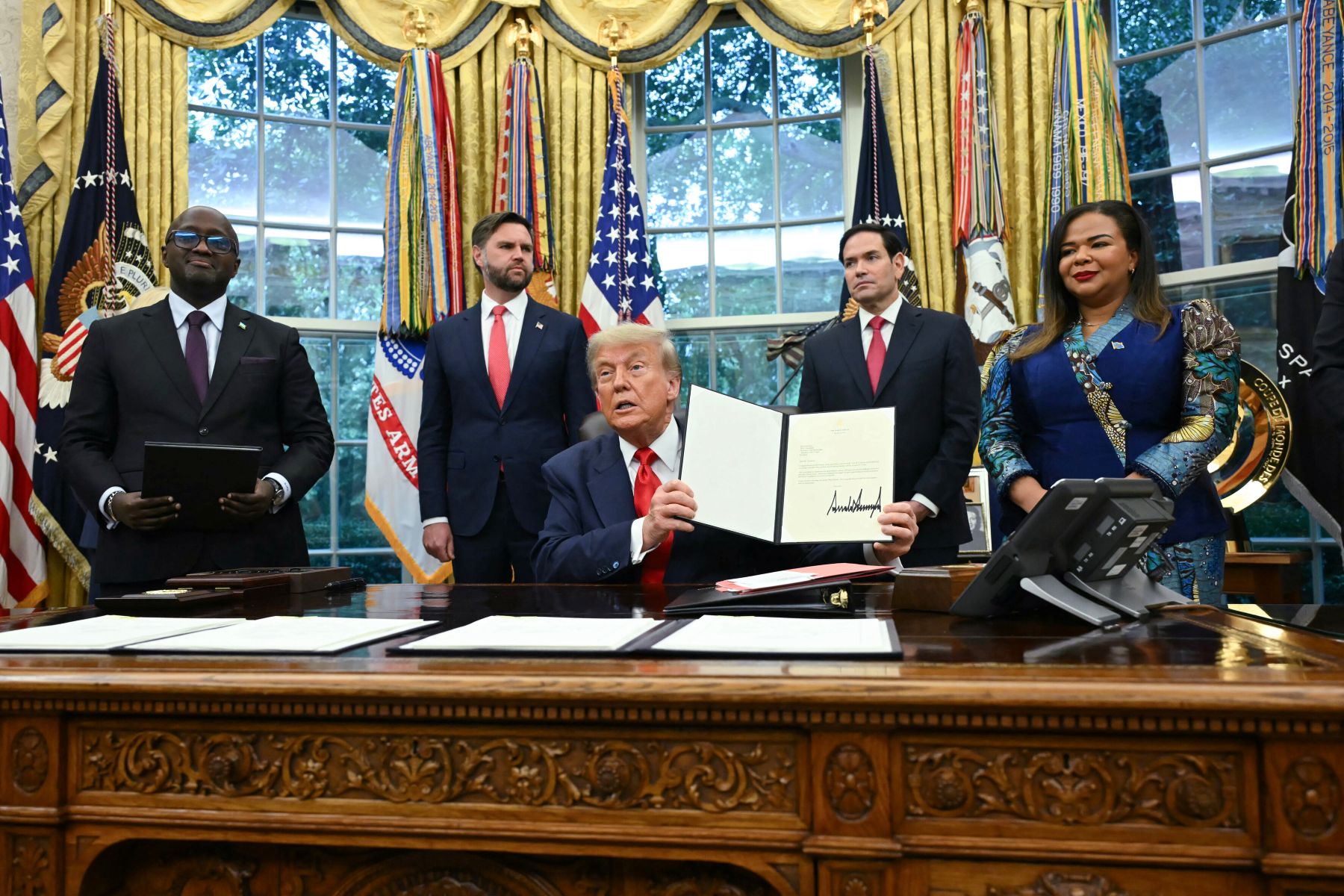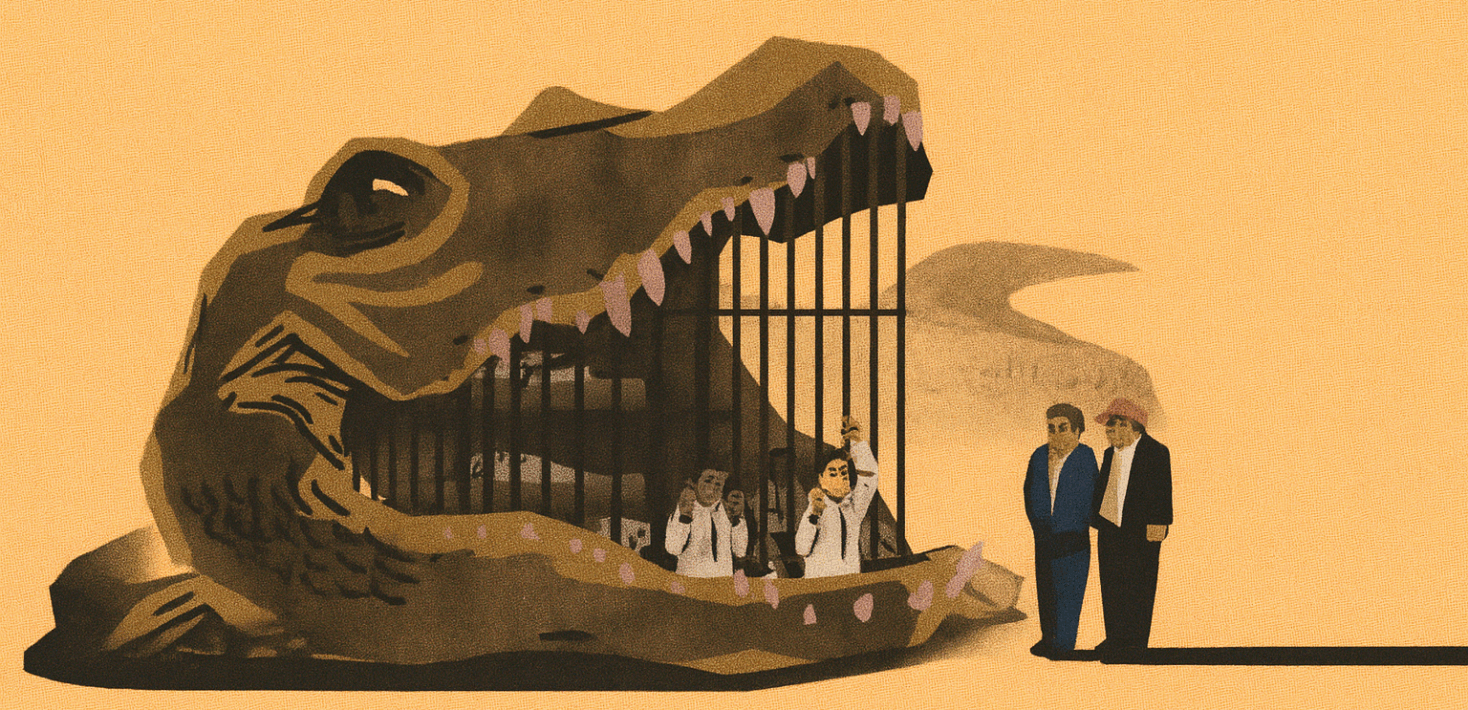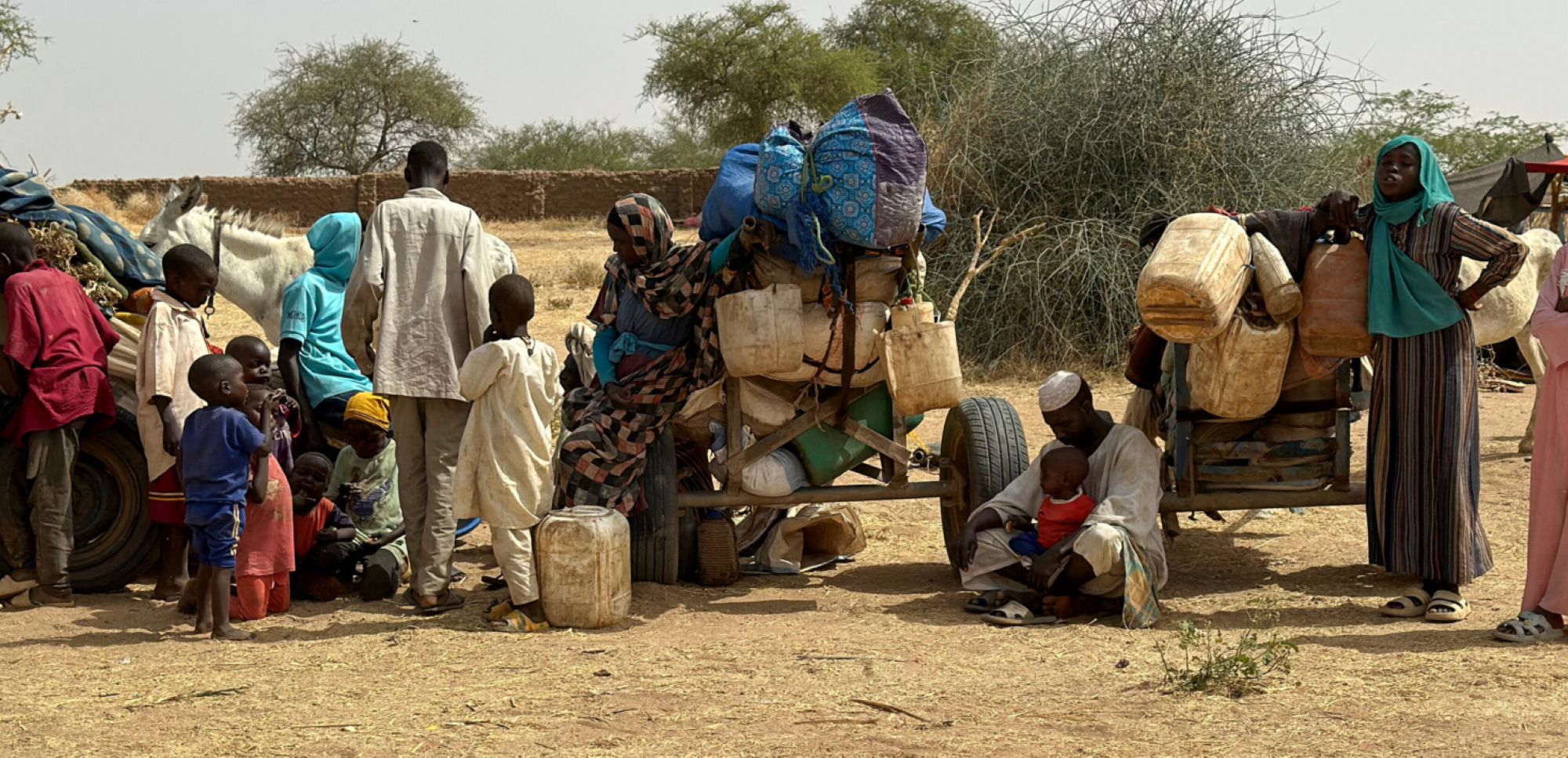Amnesty International is concerned about the continued deterioration of the human rights situation in Ecuador, under the administration of President Daniel Noboa.
The seriousness of the situation has worsened in recent days, against a backdrop of protests linked to the National Strike called by the Confederation of Indigenous Nationalities of Ecuador (CONAIE), with multiple complaints of excessive use of force against protesters by the security forces, possible arbitrary arrests, as well as the opening of abusive criminal proceedings and freezing of bank accounts belonging to social leaders and protesters.
Added to this are the executive’s attacks on the Constitutional Court, which put judicial independence at risk, and the lack of cooperation by the armed forces in investigations being carried out by the Public Prosecutor’s Office into dozens of enforced disappearances that occurred in 2024.
“During our recent visit to Ecuador, we received worrying information about actions promoted by the executive that seek to silence dissent and promote impunity. The repression of protests, attacks on the Constitutional Court and the persistence of a militarized security strategy, despite serious human rights violations, place Ecuador on the list of countries in the region that are experiencing a worrying rise in authoritarian practices,” said Ana Piquer, Americas Director at Amnesty International.
Repression of social protest
In recent days, thousands of people have taken to the streets to voice their discontent with many things, including the increase in the price of diesel announced by the executive in September. Various social movements called for a national strike, which led to protests and roadblocks in various provinces of the country. In this context, Amnesty International received information from civil society organisations about a possible excessive use of force against demonstrators by the national police and the armed forces, and dozens of possible arbitrary arrests.
As of 28 September, the Alliance for Human Rights of Ecuador recorded more than 60 people detained and more than 40 injured. On the same day, the death of Efraín Fuerez was reported in the province of Imbabura. According to the INREDH (Regional Human Rights Advisory Foundation), Fuerez reportedly died after being hit by a firearm, allegedly discharged by the armed forces. The UN Special Rapporteur on the rights to peaceful assembly and of association noted that the actions of the armed forces in these contexts contradicted international standards and called on the state to establish a safe environment for activism.
In parallel, Amnesty International received information on the opening of allegedly abusive criminal investigations by the Public Prosecutor’s Office against protesters and social leaders, and on the freezing of bank accounts belonging to social leaders and their legal representatives. Of particular concern is the arrest of 12 people in the city of Otavalo, Imbabura province, including 10 Kiwcha Indigenous people, who were charged with terrorism. The United Nations Permanent Forum on Indigenous Issues expressed concern at this situation.
Faced with continuing protests, Amnesty International strongly calls on the Ecuadorian authorities to guarantee the rights to freedom of expression and peaceful assembly, and to strictly adhere to the principles of legality, necessity and proportionality in the use of force.Amnesty International also calls for prompt and impartial investigations into possible human rights violations in this context. Finally, the organization urges the authorities to guarantee due process for those detained and to respect the rights of Indigenous people, with whom it should engage in dialogue to address their legitimate demands.
Retaliation against the Constitutional Court of Ecuador
For several months, the Constitutional Court of Ecuador has faced a campaign by the executive and its cabinet that seeks to delegitimize the judges who make up this court and position them as “enemies of the people”. In August, the court announced the temporary suspension of certain articles of three laws promoted by President Noboa on security and transparency, while ruling on their constitutionality. As a result of this development, the judges of the court have been subjected to harassment, attacks and public stigmatization.
In August, giant banners were installed showing the faces of the judges and accusing them of “stealing peace” from the country. The president called for a march against the court and ordered the deployment of the armed forces around its premises. In September, a bomb threat was received at the court’s premises, forcing the judges and their team to leave the site. Likewise, members of the court have reported receiving threats about criminal proceedings against them, in retaliation for their work, and having their communications hacked.
These attacks have been widely condemned by the international community, including the UN Special Rapporteur on the independence of judges and lawyers, and the Inter-American Commission on Human Rights.
Amnesty International warns that these actions represent a serious threat to judicial independence in Ecuador. We call on the state to ensure that judges, as well as all justice personnel, can exercise their functions free of political pressure and in safety.
Enforced disappearances remain unpunished
In the report “It was the military. I saw them”, released on 23 September, Amnesty International concluded that the armed forces have committed enforced disappearances in the context of President Noboa’s militarized security strategy, known as the “Plan Fénix”. The organization documented the enforced disappearance of 10 people, including six children, which occurred in five security operations carried out by the armed forces during 2024 in the provinces of Esmeraldas, Guayas, and Los Rios, on the Ecuadorian coast. These are not isolated cases. According to the Public Prosecutor’s Office, since the beginning of President Noboa’s administration at the end of 2023, there have been reports of 43 possible enforced disappearances.
Despite the fact that these disappearances occurred months ago, the victims’ families are still calling for justice, since the cases continue to go unpunished. Only in the case of the four children from the Falklands, who disappeared and were later found dead in December 2024,have the possible perpetrators been arrested – 17 soldiers who are in pretrial detention. The main obstacle to the progress of the investigations has been the lack of cooperation from the armed forces, which have repeatedly refused to provide information requested by the Public Prosecutor’s Office, claiming “confidentiality”.
Amnesty International reminds the Ecuadorian authorities that the enforced disappearance of people is an international crime that entails the obligation to promptly and thoroughly investigate the facts, and to search for the victims, allowing the participation of their families.In this regard, we reiterate our call for the armed forces to collaborate with the investigations and for all authorities to guarantee the protection of the victims’ families. We also call on President Noboa to completely reverse the militarized approach to public security that has facilitated the commission of these serious human rights violations.












